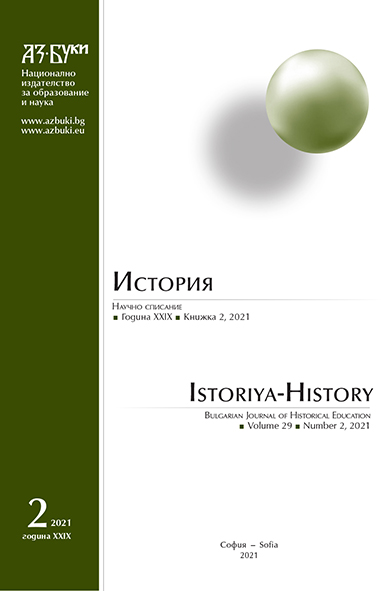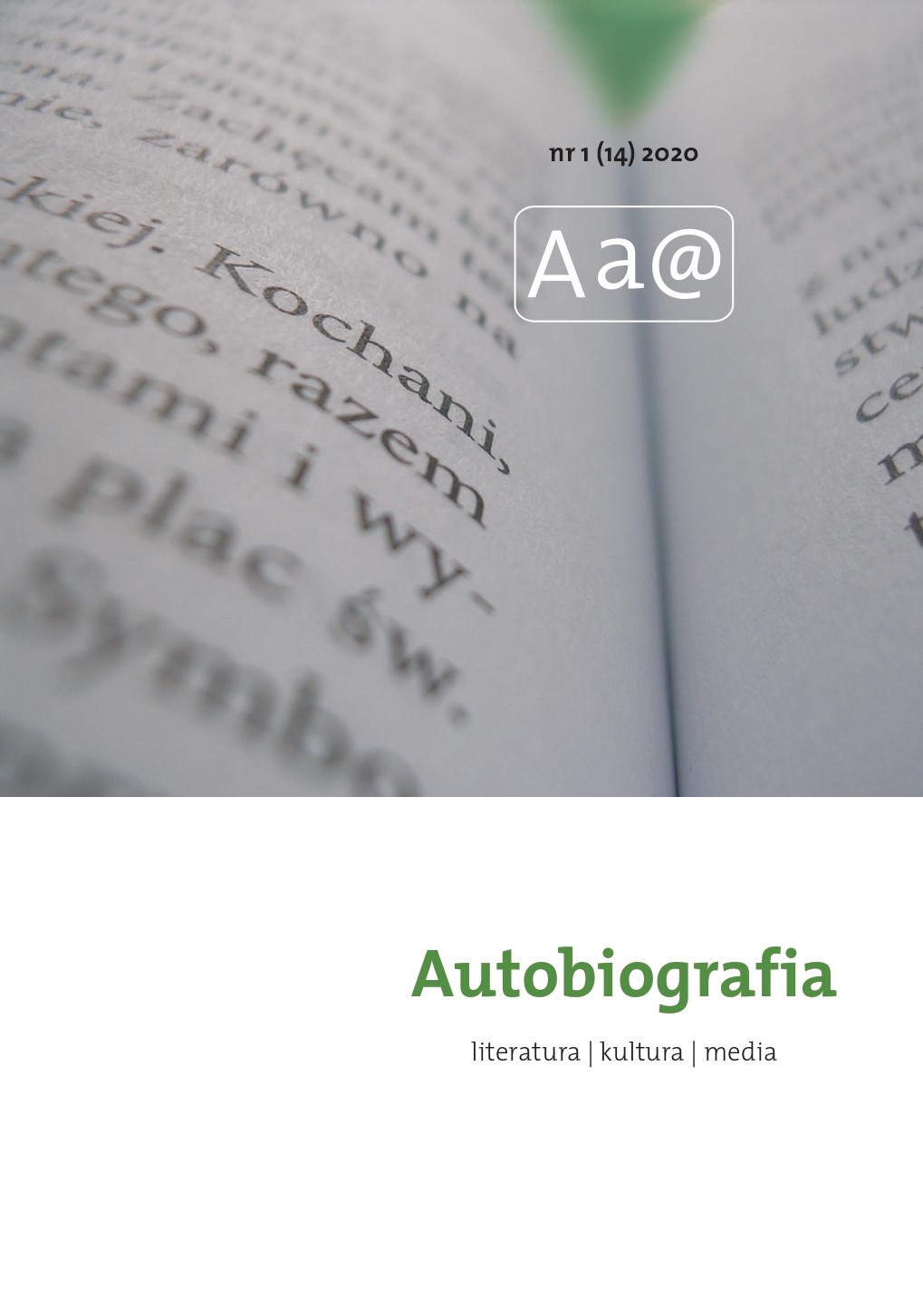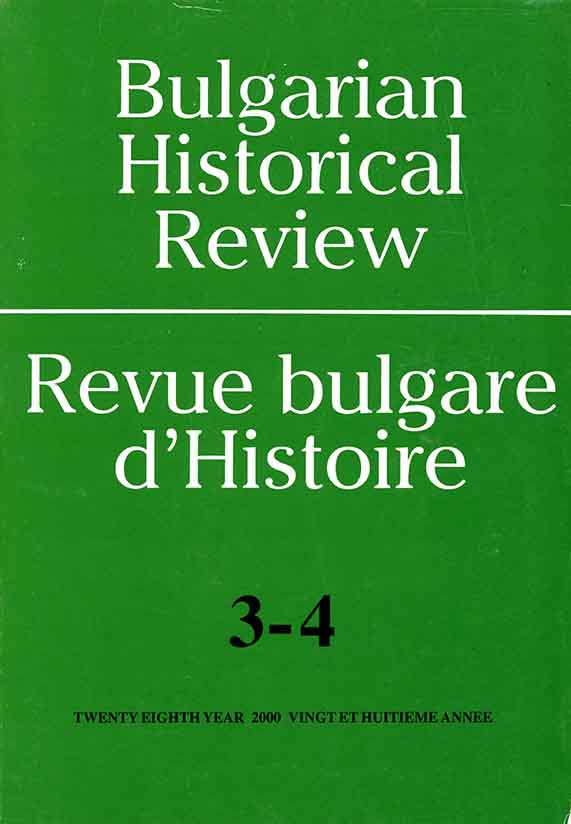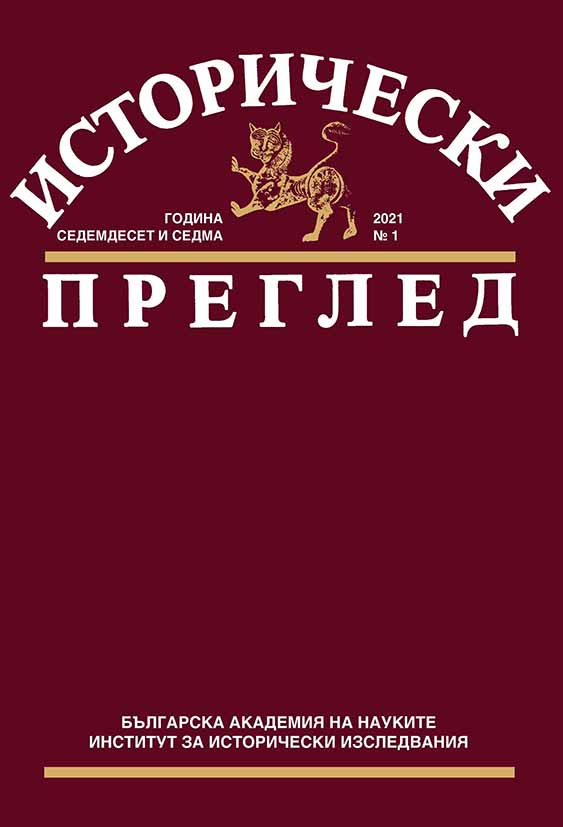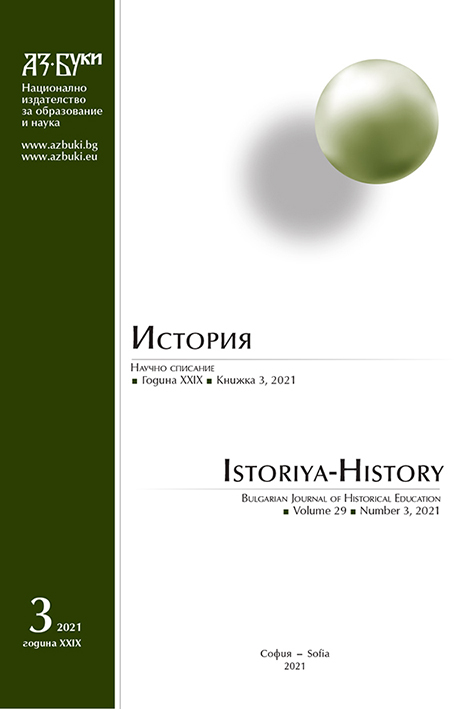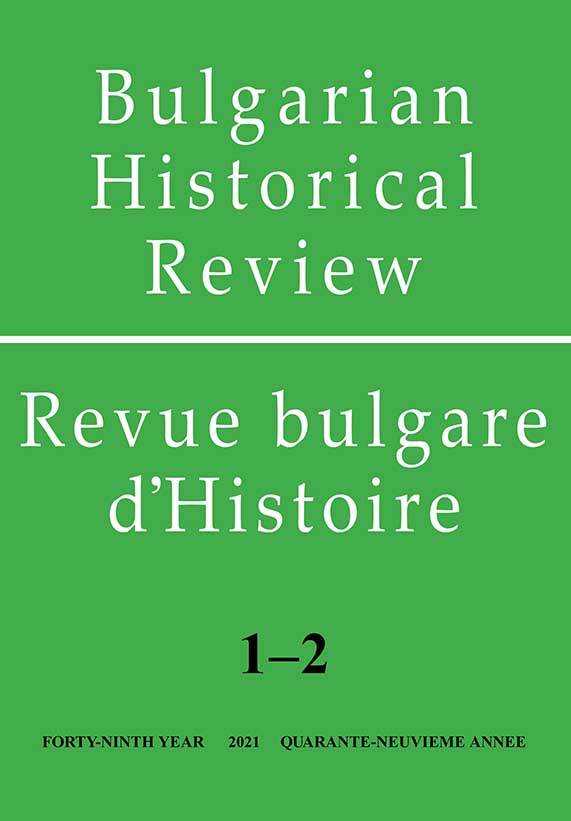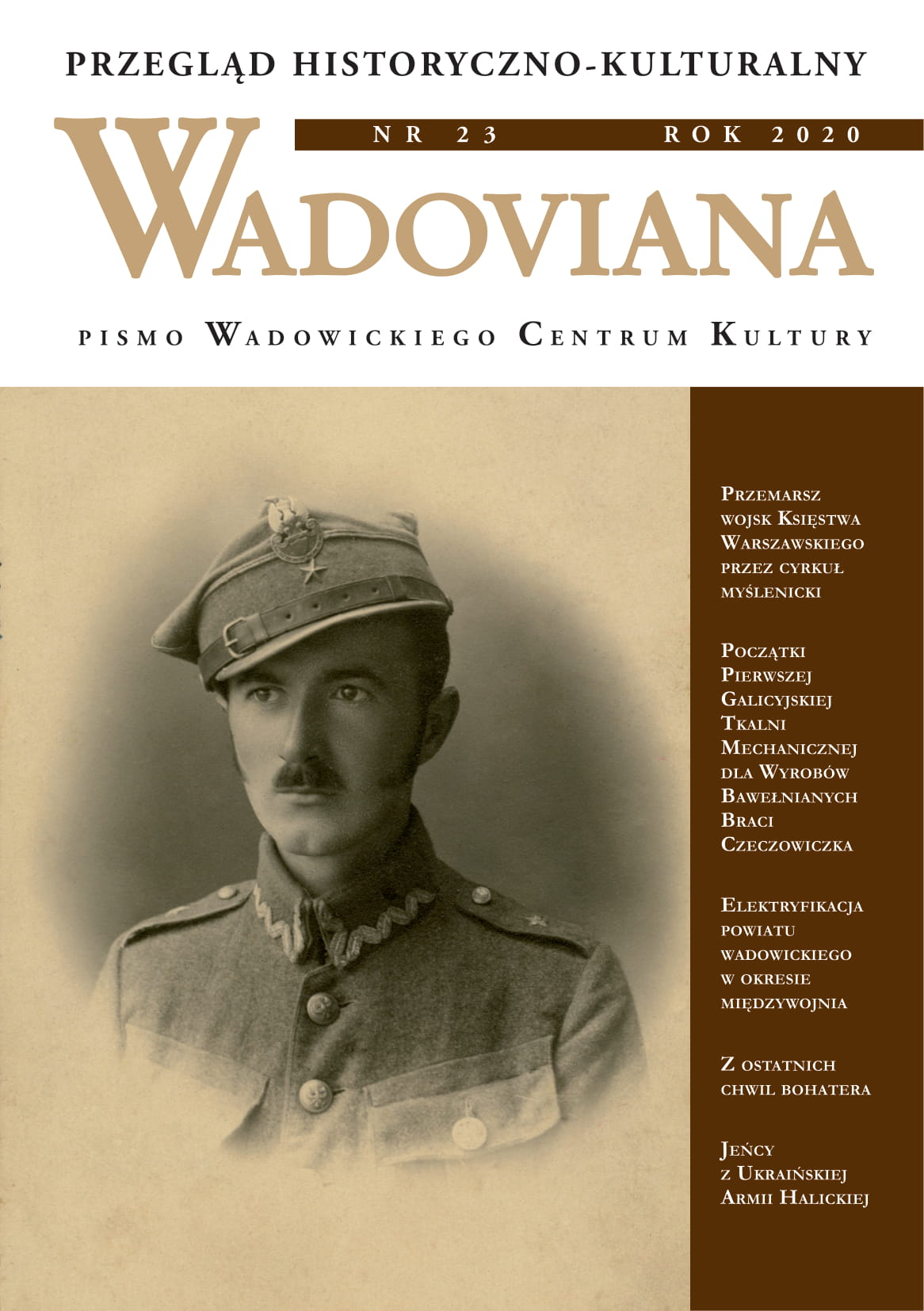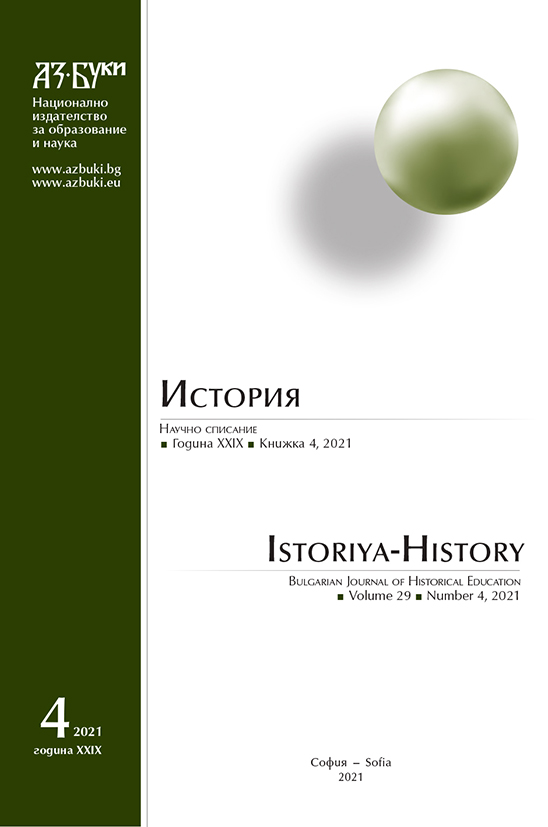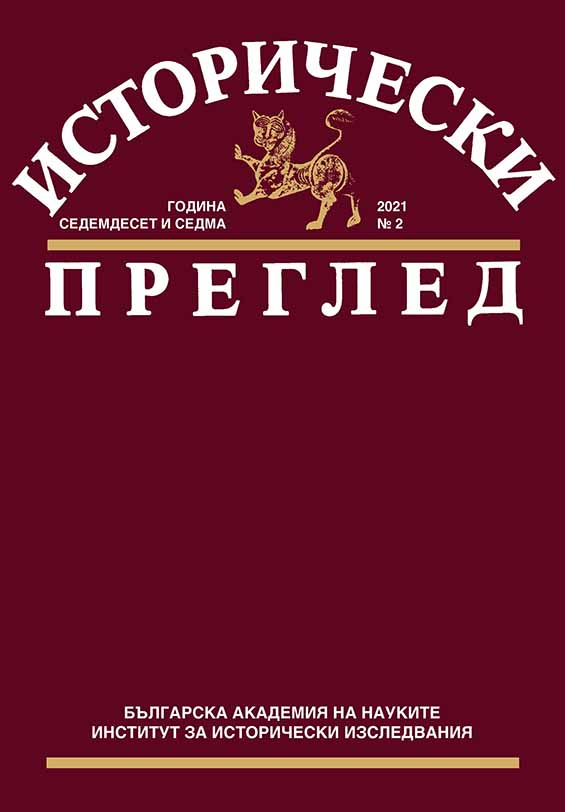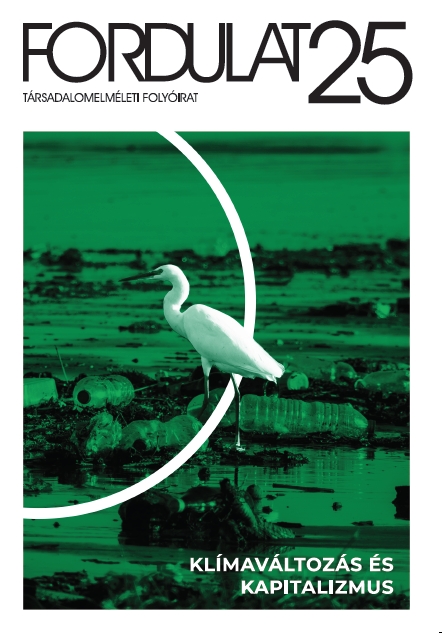
A történettudomány válsága és haszna az antropocén témák tükrében: egyenlőtlenség, hatalom, világrendszer, ellenállás és deep history (Bonneuil és Fressoz: The Shock of the Anthropocene; Lewis és Maslin: The Human Planet)
The importance of the books reviewed here lies in their ability to go beyond the Anthropocene versus Capitalocene debate and in describing a framework of notions that lead to the conclusion that the adequate response to the risks that global biophysical changes bring about is a new mode of living replacing the current form of consumer capitalism. The authors of the two books are two ecologists and two historians. Their arguments converge on the point that if we live in the Anthropocene, then the academic response to this condition is a critical theory that includes a new narrative about human history and analysis of the processes that brought about the current condition and that need to be changed. The new ground that the volumes break makes it possible to hypothesize that historiography may overcome its decades-long crisis as a result of increasing sensitivity to socio-natural phenomena and interaction with biological sciences.
More...
